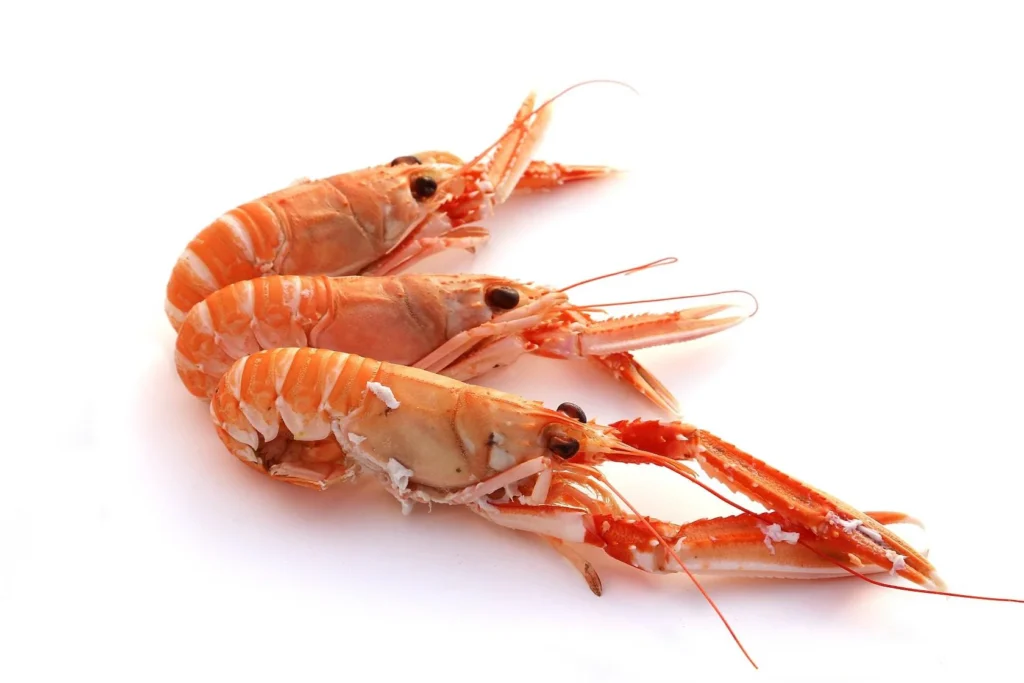Scampi is sourced in a way that causes “extensive environmental damage”, a charity complaining to the UK competition authority has claimed.
Open Seas is disputing the sustainability of the popular seafood snack and has asked the Competition and Markets Authority (CMA) to investigate supermarkets who claim it is “responsibly sourced”.
Whitby Seafoods
Whitby Seafoods said that it has “a strong track record in building on the work of the scampi fishing industry in driving improvements to sustainability
A spokeswoman for Whitby Seafoods, said: “The claim that scampi is ‘responsibly sourced’ is used in line with strict third-party guidance from the Sustainable Seafood Coalition.”
Fisheries Improvement Project (FIP)
Whitby Seafoods states on its website that it is part of an industry-led Fisheries Improvement Project (FIP).The MSC is a non-profit that certifies fisheries for their sustainability and receives license fees for use of its blue certification logo on products.The multi-billionaire Walton family, which founded Walmart and retain a major stake in the US retailing giant, help fund the MSC.

Scampi is an Italian word !
Scampi is an Italian word which migrated all over Europe. In most countries, especially Italy, scampi means the peeled tail of pretty much any kind of prawn but in the UK it refers to the meat of just one special prawn: the langoustine.
Langoustine is a small lobster found in the colder waters of Scotland, Ireland and Norway. It is also known as the Dublin Bay Prawn, and as Norway lobster and often by its scientific name, Nephrops norvegius. Much of our langoustine is exported to Europe where the whole fish still in its shell is highly prized. But most langoustines end up as scampi. Although langoustines are relatively abundant, scampi’s popularity means it is expensive.

Scampi of course comes in many sizes. Large langoustines don’t make it to the scampi factory – they head off to posh restaurants and Europe, and to our Langoustine range. The smaller scampi are what goes into breaded and battered scampi. From these, two main classes are produced:
30,000 tonnes of langoustine a year
UK fishermen land about 30,000 tonnes of langoustine a year, mostly in Scotland. Led by Ireland, half a dozen other EU countries plus Iceland land about the same between them. The UK catch is down from about 40,000 tonnes 10 to 12 years ago although the decline has stabilised since 2013. A regime of quotas and minimum landing sizes protects stocks and most fishing areas are considered well managed.




